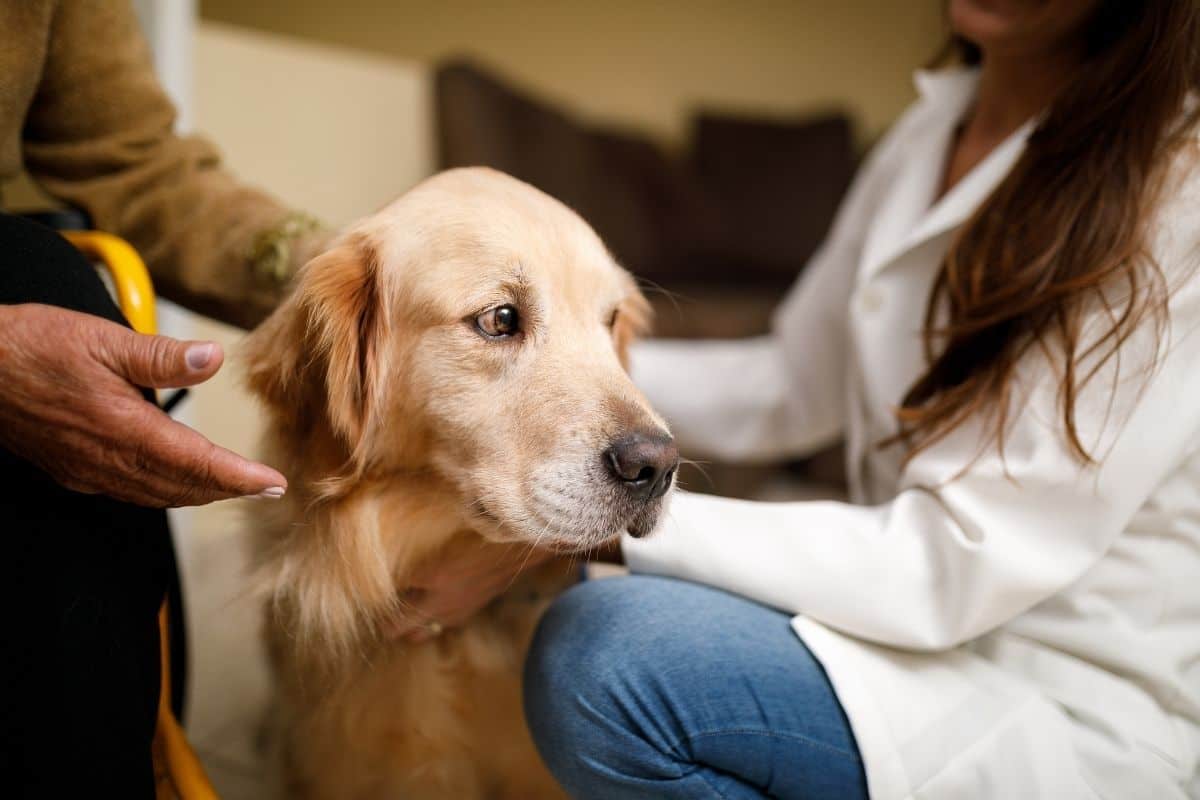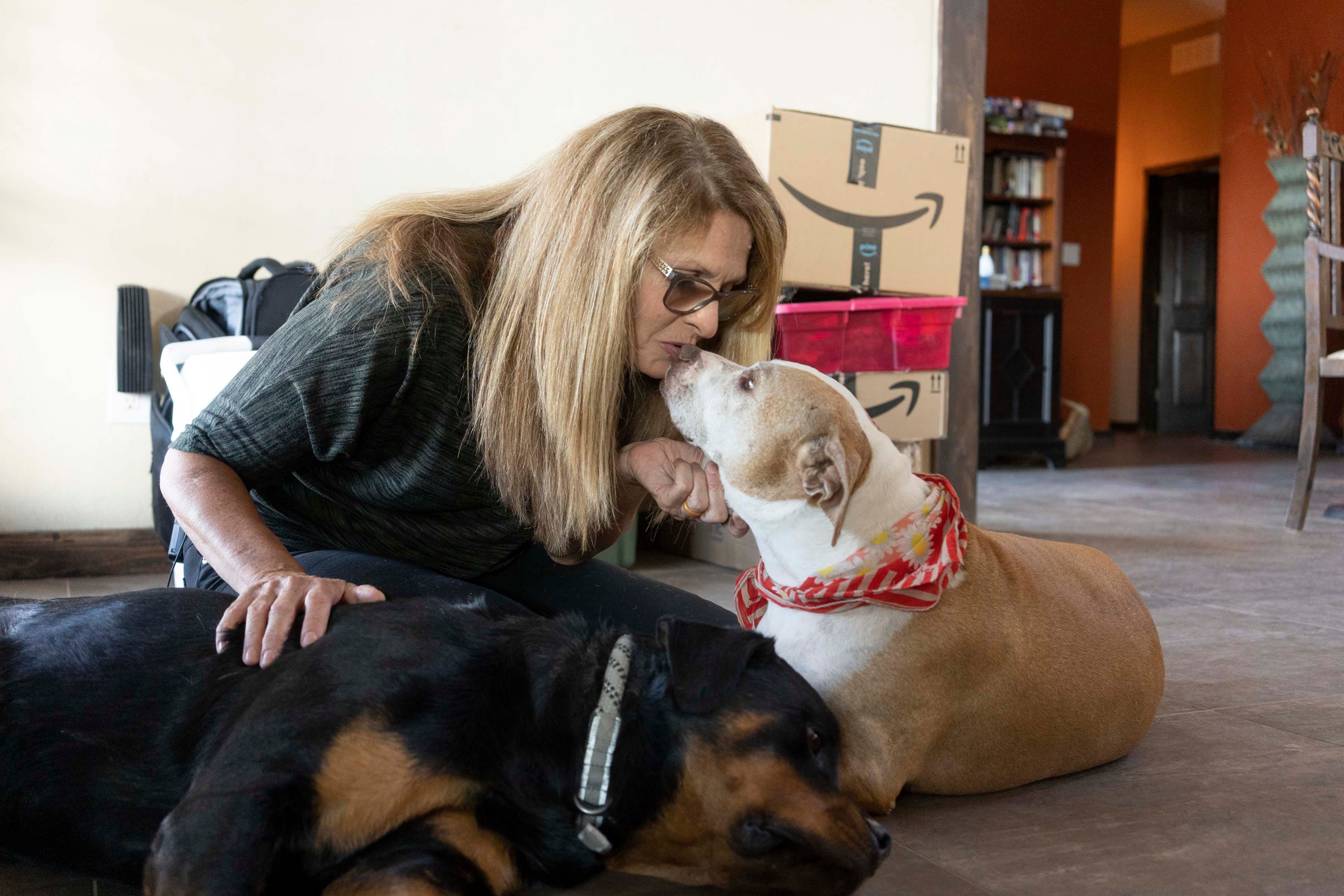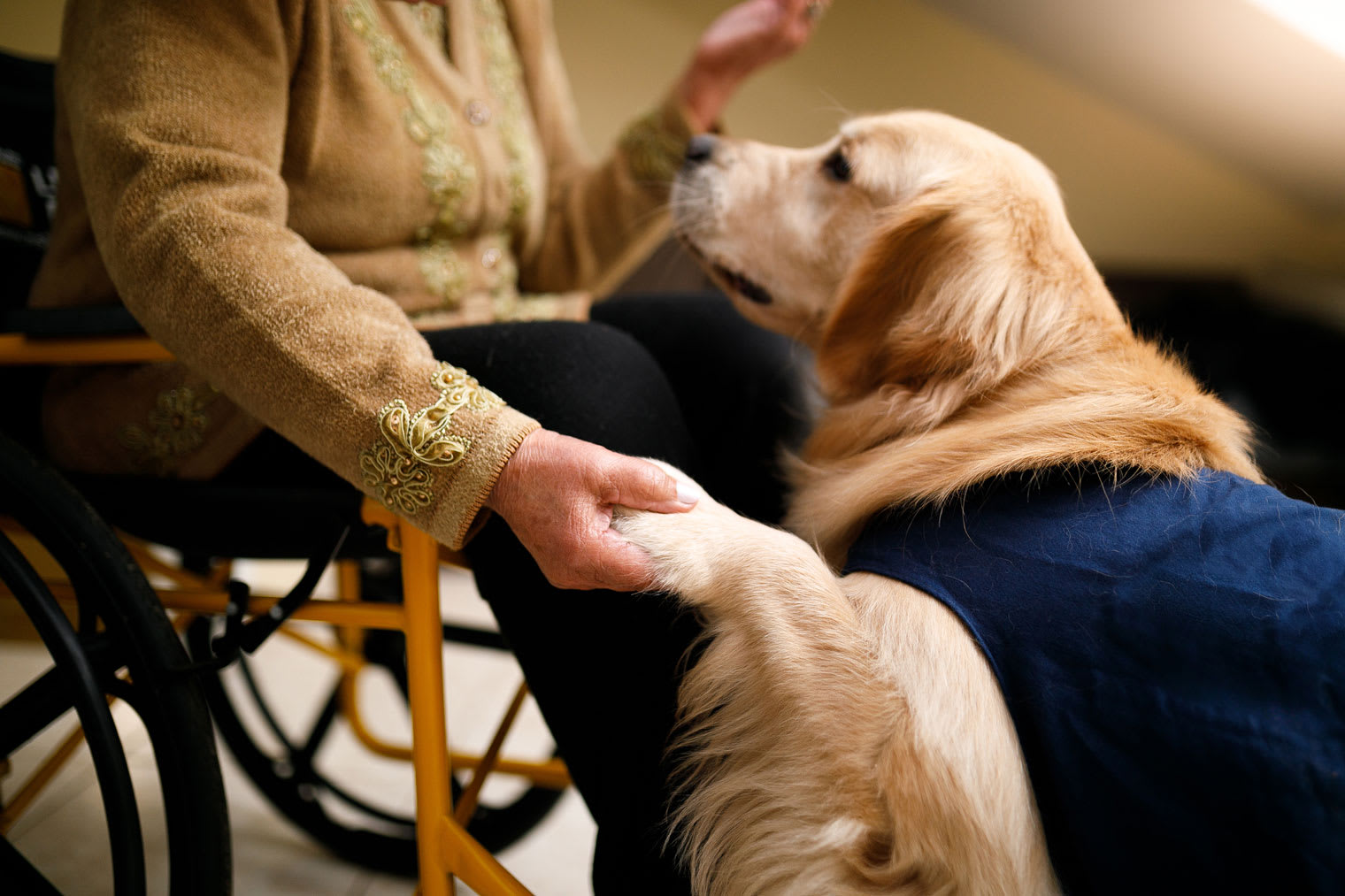Service Animals In The Workplace California

A blind employee should not need to prove the need for a seeing eye dog.
Service animals in the workplace california. If a service animal becomes too much of a disruption a workplace retains the ability to claim undue. Under the employment part of the ADA title I there are no specific guidelines for employers to follow when an individual with a disability wants to use a service animal in the workplace. Depending on the type of work some workplaces may be exempt from allowing service animals in the workplace.
That said California rules do allow employers to set the following limits on the use of all assistive animals in the workplace. Service animals in todays society can provide medical assistance for many types of human disabilities and medical conditions. These workplaces must provide alternative accommodations for the person with a disability to obtain use and benefit from the providers goods or services.
The animal must be free from offensive orders and display habits that are conducive to a professional workplaceeg it cannot urinate or defecate everywhere. It also allows for the employer to request proof from the employee that the service animal is appropriately trained to assist them and that it is trained to not disrupt the workplace under. Service Animals in the Workplace and the Law.
Arrow Benefits Group 1465 N. Of course the service animal must be well behaved and not disruptive to the workplace remaining on a leash if it does not hamper the dogs service. For additional information see JANs Just-In-Time Training Module.
What they might not know though is that the laws governing service animals in the workplace are well a bit hairier. In the employment context the statutory schemes that require reasonable accommodation for disabilities are the California Fair Employment and Housing Act FEHA and the Americans With Disabilities Act ADA. The work or task a dog has been trained to provide must be directly related to the persons disability.
What is a service animal. The service animal must be harnessed leashed or tethered while in public places unless these devices interfere with the service animals work or the persons disability prevents use of these devices. But what about comfort animals such as pigs snakes birds or cats.
















